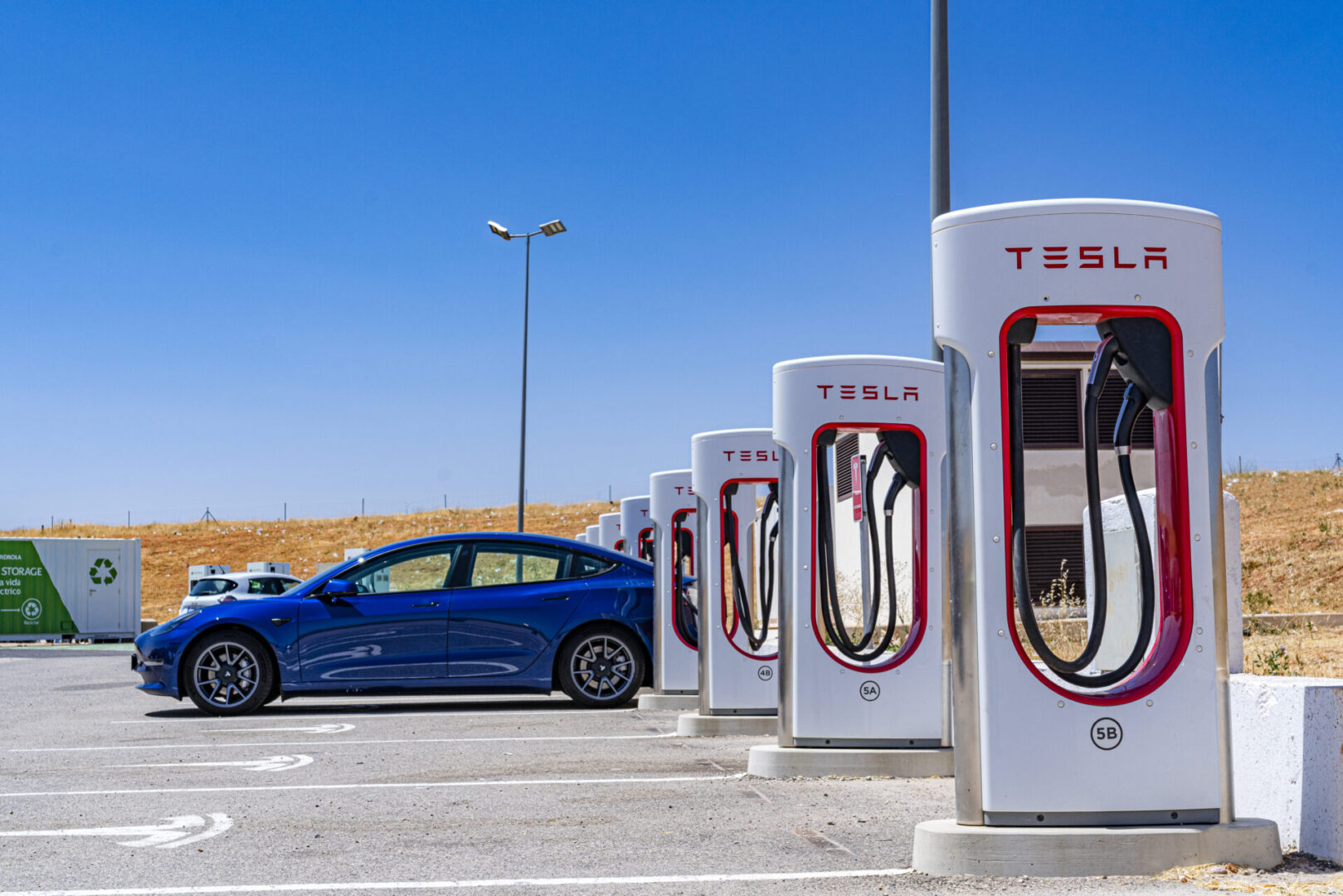Dealers Urge Biden to Reevaluate 2030 Electric Vehicle Mandate

In the realm of electric vehicles (EVs), a recent petition signed by over 3,000 U.S. auto dealers is resonating across the industry. These dealers, representing a diverse range of businesses from fleets to retail accounts and garages, are urging President Biden to reconsider the ambitious 2030 mandate on selling electric vehicles. This plea reflects growing concerns about the practicality and affordability of EVs, aligning with the broader discourse on the challenges facing the EV market.
Challenges to Affordability and Practicality
The National Highway Traffic Safety Administration's (NHTSA) proposal of Corporate Average Fuel Economy (CAFE) standards sets ambitious targets for improving fuel efficiency. While the Biden administration champions these standards as a crucial step in combating climate change and saving Americans money, concerns from auto dealers paint a different picture. Dealerships, including those focused on fleets and retail accounts, express apprehension about consumers' ability to afford the costly transition to electric vehicles.
In their letter to President Biden, auto dealers articulated their concerns, emphasizing the need to "pump the brakes" on the 2030 mandate. This sentiment echoes the challenges faced by consumers who, despite government incentives, find electric vehicles to be a harder sell. The result: a surplus of new EVs in dealership lots, while demand for hybrid and gas-powered vehicles remains robust.
Industry Reflections
Beyond the dealership sphere, automotive giants like GM are making strategic shifts in response to the evolving EV landscape. GM's recent decision to pull funding from struggling EV efforts indicates a broader industry reassessment. Rumors of a reevaluation of electric vehicle portfolios suggest a growing acknowledgment that the rush into the EV market may have been premature.
The sentiments of Toyota chairman Akio Toyoda further underscore the evolving narrative. As EV sales slow, Toyoda notes that people are "finally seeing reality." This candid acknowledgment from a prominent figure in the automotive industry signals a collective recognition of the challenges facing the electric vehicle market.
Barriers to Adoption
The challenges in the electric vehicle market extend beyond affordability concerns. While government incentives aim to encourage EV adoption, practical barriers persist. Consumers grapple with worries about EV range, especially in colder climates, and the intricacies of charging without dedicated parking. Moreover, the complexity of EVs poses a challenge for local mechanics, as many lack the specialized equipment required for repairs.
In the face of these multifaceted challenges, the petition from auto dealers seeks attention and underscores the urgency of reassessing the trajectory of the EV market. As the industry navigates these complexities, it remains to be seen how policymakers and stakeholders will address the concerns raised by those on the front lines of vehicle distribution and maintenance.
The intersection of government mandates, industry challenges, and consumer realities presents a complex landscape for the electric vehicle market. The petition from U.S. auto dealers serves as a pivotal call to action, urging President Biden to reconsider the 2030 mandate in light of practical and financial challenges. As the industry grapples with these issues, a collective reassessment may pave the way for a more sustainable and inclusive future for electric vehicles in North America and beyond.










